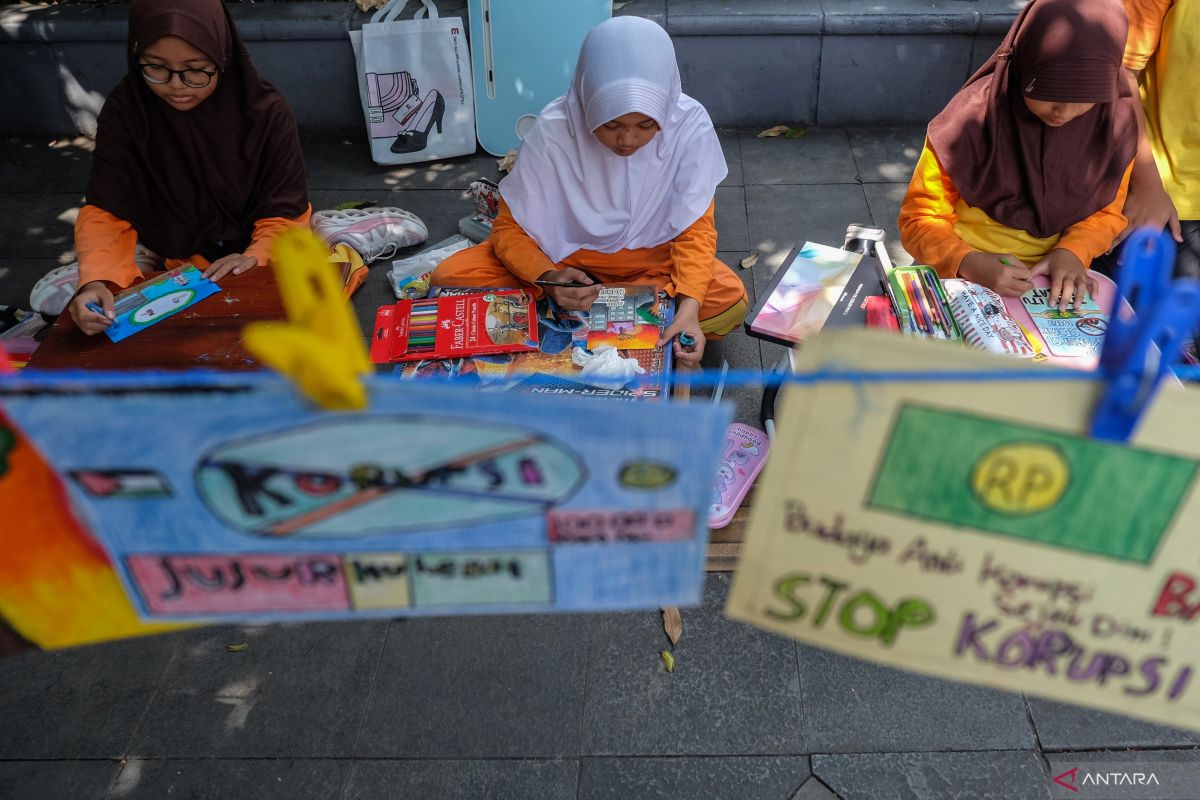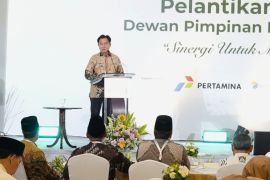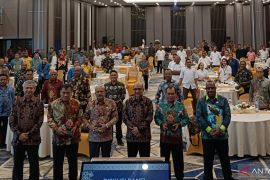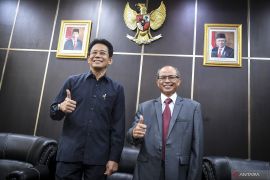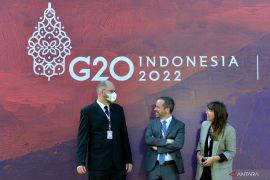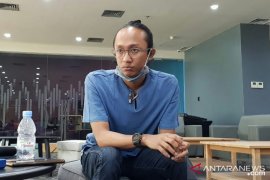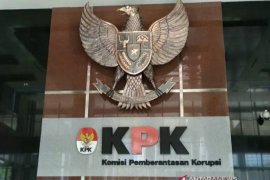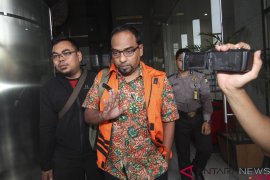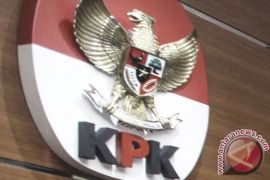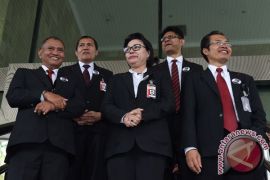Apart from the family, the school is one such institution that is intrinsically linked to the education of the younger generation and the most apposite to instill anti-corruption values among children from an early age.
Hence, schools must be clean of all corrupt behavior. However, the Corruption Eradication Commission (KPK) reported that some schools carried out corrupt practices while accepting new students.
The findings of corrupt practices in the new student admission processes were revealed in the 2023 Education Integrity Assessment Survey (SPI) by the KPK.
The survey involved respondents comprising students, educators, and teachers as well as leaders of educational institutions.
It assessed three main aspects: integrity of students and parents, the educational ecosystem, and the risk of corruption in educational governance.
Some 24.6 percent of teachers in the survey said several students were accepted into their schools because they gave some sort of "gift" to the school.
Some 42.4 percent of teachers in the survey stated that students unworthy of being accepted into the school were ultimately accepted because they or their parents had given gifts to the school.
Given the large number of schools in Indonesia, the KPK's findings cannot be overlooked so all parties need to give serious attention to address this matter.
Some individuals even jested that the new student admission could use the zoning, achievement, affirmation, or mutation routes, but now, there is a new path, namely "gratuities."
This jest, of course, is rooted in a cause, and hence, it must be responded to wisely to thwart other corrupt practices from taking place in educational institutions in the future.
Corrupt behaviors should have no place and should not be allowed to occur in the world of education, as students will carry what they learn in schools when they enter society.
Students do not only learn through books but through everything they see and experience in school.
In this schooling phase, the values of integrity must be instilled in students instead of corrupt behavior from irresponsible parties.
If students continue to be exposed to corrupt behavior, it would come as no surprise when during adulthood, they too might replicate such behavior.
The actions of students' parents, who leave no stone unturned, including adopting illegal routes, such as graft, for enrolling their children into top schools are not proper. This can teach these children to justify all means to achieve their goals.
Behaviors, such as cheating, which are sometimes considered trivial, are essentially corrupt behaviors that can be "contagious," which encourage other students to do the same.
Other corrupt behavior that often occurs in the educational environment is related to discipline, for instance, students or teachers who do not arrive on time or are not present without an acceptable reason.
It can be clearly seen how important the role of the environment is in shaping the behavior of children.
If what is taught is anti-corruption values, then the results will be good for all. However, corrupt behavior is inculcated, then many will be harmed in the future.
The KPK put the spotlight on the habit of students' parents giving something to teachers so that their children can receive special appreciation or good grades.
These seeds of corruption should not exist in the world of education where the youth pursue education, as they will become the nation's backbone in the future.
In every new generation, there will be students who will become officials, both in the government sector and in private firms later.
Lecturer at the Education and Psychology Study Program at the Semarang State University (Unnes), Edi Subkhan, stated that anti-corruption education and learning should shift from theory to taking real action.
In his study, titled "Anti-Corruption Education from a Critical Pedagogical Perspective," he said that it called for real action to prevent and fight corrupt practices in schools.
"Anti-corruption education should not only be long discussions about the definitions and norms or morality but must invite students to actively seek information, formulate actions, take actions, and reflect," Subkhan explained.
In this way, anti-corruption education will be able to change and undergo transformation.
By applying these critical pedagogical principles, Subkhan said, anti-corruption learning becomes more meaningful for students as they have real experience in being strict in preventing and fighting corrupt practices.
Moving together
The KPK has consistently voiced that it cannot singlehandedly eradicate corruption and has pressed for all levels of society to move together to fight corrupt practices.
The KPK's statement is not merely a jargon. Looking closely, there are roots of corruption that exist in the community and they must be erased from an early age, such as what takes place in the world of education.
The nation's next generation will reap the fruits of anti-corruption behavior that we are inculcating today in the world of education.
Related news: Need to provide anti-corruption education from early age: minister
Related news: Presidential candidate pairs to share anti-graft ideas with KPK
Related news: Indonesia's OJK vows anti-corruption culture in financial sector
Translator: Fianda R, Kenzu
Editor: Azis Kurmala
Copyright © ANTARA 2024
